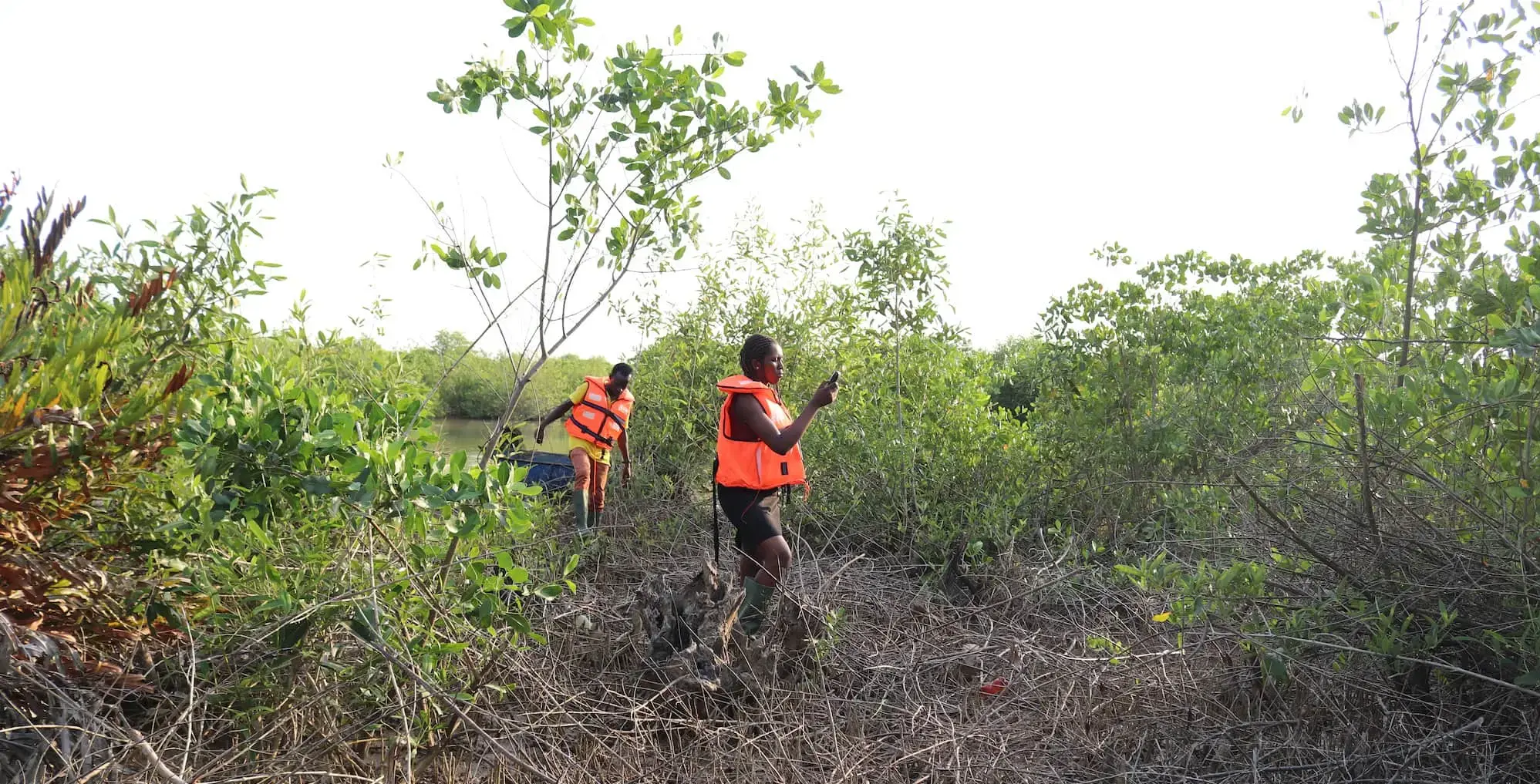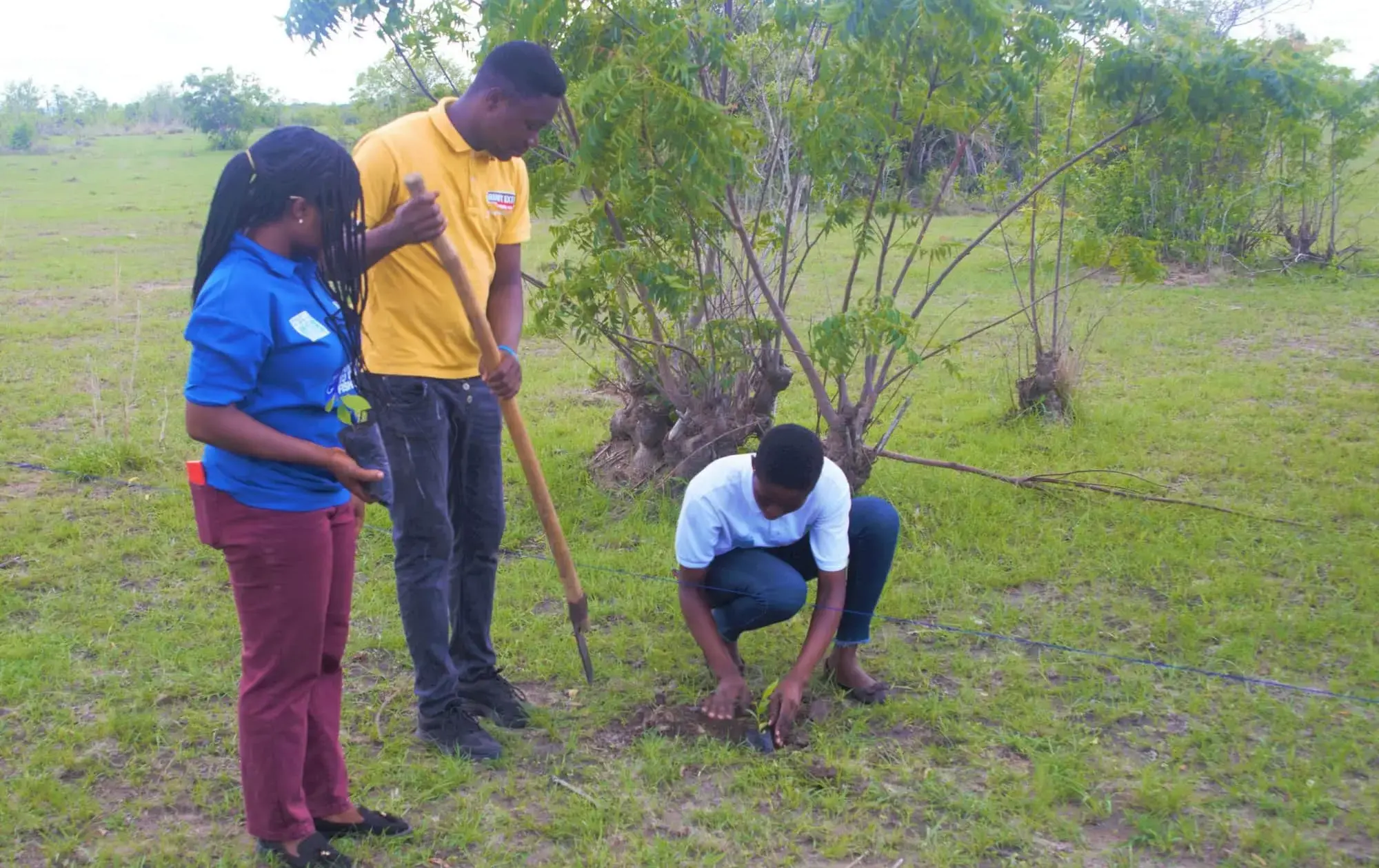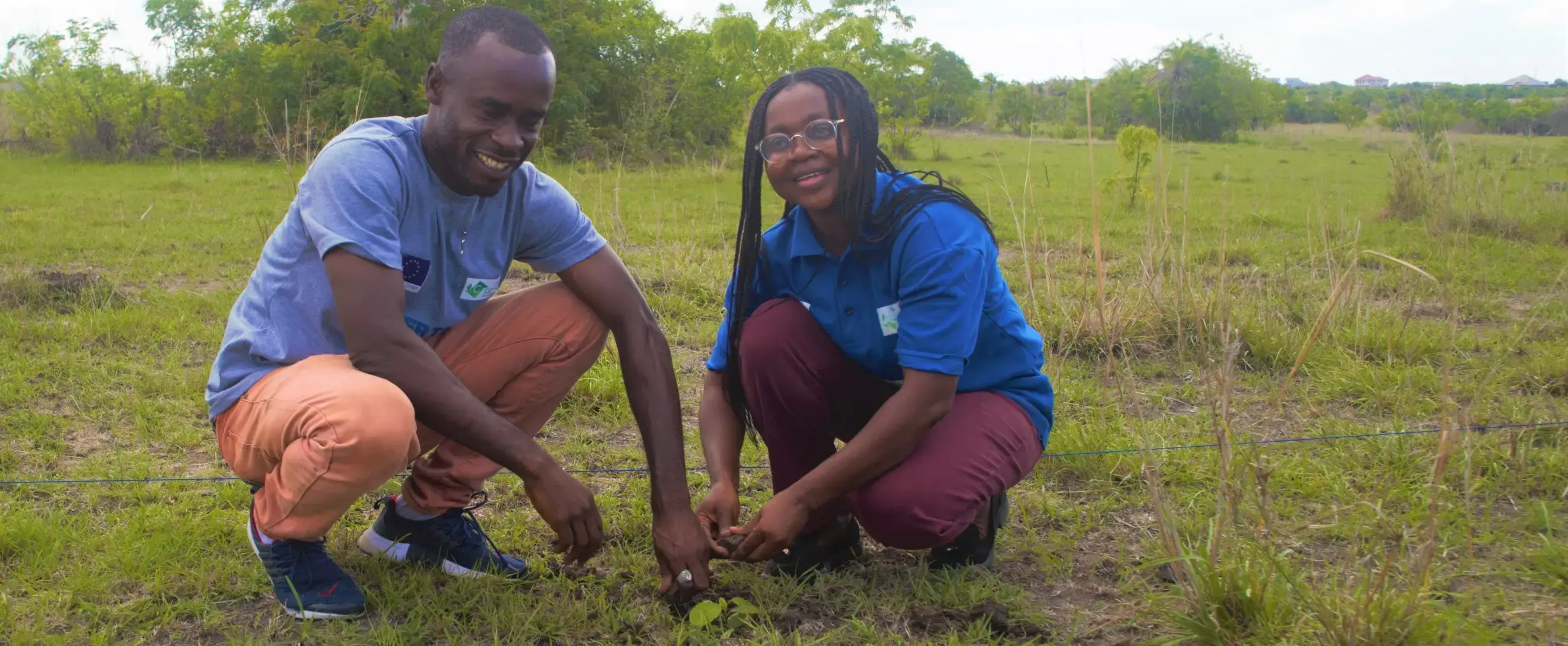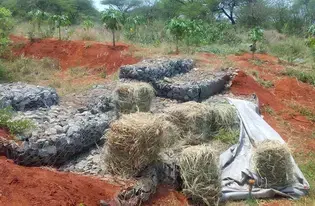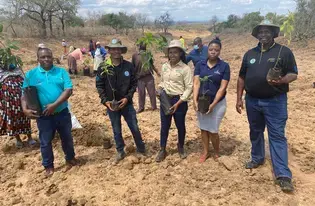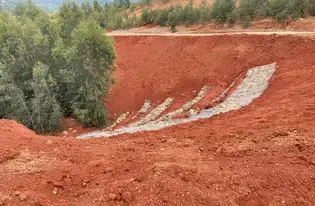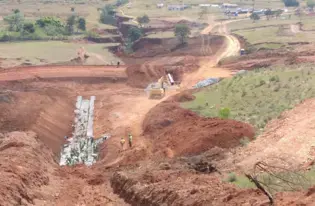Fostering harmony between mother nature and the community is Cerath Development Organization’s primary mission. Through innovative solutions for restoration, Cerath is restoring landscapes in Ghana and ensuring sustainable livelihoods for future generations.
Due to an increase in deforestation and poor farming methods, land degradation in Ghana costs about $1.4 billion annually, which is 6% of the country's GDP as per research. Fixing this issue could help communities fight hunger and poverty and boost sustainable land ecosystems.
Cerath Development Organization (CDO) is a non-governmental organization based in Ghana that works to support African communities with five intervention areas including agriculture, fisheries, renewable energy, inclusive finance and water, sanitation & hygiene (WASH). Founded in 2018 by three Ghanaian women, the NGO empowers marginalized groups - especially women and youth and operates in Ghana, Kenya, Liberia, and Sierra Leone.
To curb the effects and devastation caused by charcoal production, unsustainable agriculture, and sand mining, the organization has prioritized landscape restoration in Northern Ghana. With 80% of forest coverage lost in the East and West Mamprusi Districts, poverty, vulnerable livelihoods, and extreme weather conditions have become pressing issues.
CDO received a grant from TerraFund for AFR100, an initiative by the World Resources Institute, One Tree Planted and Realize Impact to finance Africa’s top restoration projects. With the funding, CDO aimed to protect rural livelihoods in Ghana through farm restoration and sustainable woodlot training.
Ato Kwamina Addo, the Project Manager of CDO, noticed a rise in deforestation in the mentioned districts. To address this issue, the organization is encouraging community-led afforestation and conservation efforts that can enhance agricultural productivity and ecological balance.
“The forests in East and West Mamprusi are quickly vanishing. East Mamprusi lost 40 hectares of forest, and West Mamprusi lost even more. This is a big issue as these districts are part of Ghana's savannah, and climate change is amplifying the effects,” Ato says.
By engaging the community, CDO is bringing hope for Ghana’s ecosystems through reviving landscapes and transforming livelihoods. They've formed 40+ learning groups for fisherfolk, coconut vendors, and restoration practitioners. They are working with 532 people, mostly young people, who are planting trees in six areas across the two districts.
To date, the project has restored 262 hectares for the last three years, planted 10,000 seedlings of acacia, moringa, shea, neem and cashew, and educated communities on sustainable conservation and suitable harvesting methods.
Beneficiaries of the project collaborate with community leaders to plant the trees. The land owners provide land for planting, whilst schools teach students about the benefits of planting trees to allow both people and the environment to thrive.
Yakubu Musah, a beneficiary, is happy to be part of the project in East Mamprusi. The project helps them earn money and learn new things.
“The shea trees we plant provide economic benefits, particularly to women. Women collect the shea nuts and sell them to earn money. Moringa is another crucial plant we benefit from as its leaves are used as a food ingredient,” Yakubu says.
When the community owns a project, they become more engaged. The community is involved in training opportunities and in creating policies that guide tree planting and clean energy use.
From the partnership with AFR100, CDO is aiming to restore 500 more hectares in the next five years and plans to achieve this goal are already underway. The organization is educating the community and creating awareness programs to promote afforestation and enhance sustainable harvesting measures in Ghana and the rest of Africa.
Cerath Dev Organization is an example that community partnership is a key driver in accelerating landscape restoration and changing livelihoods.
